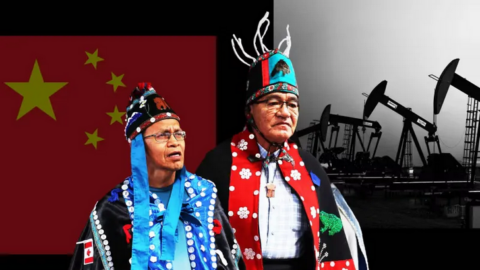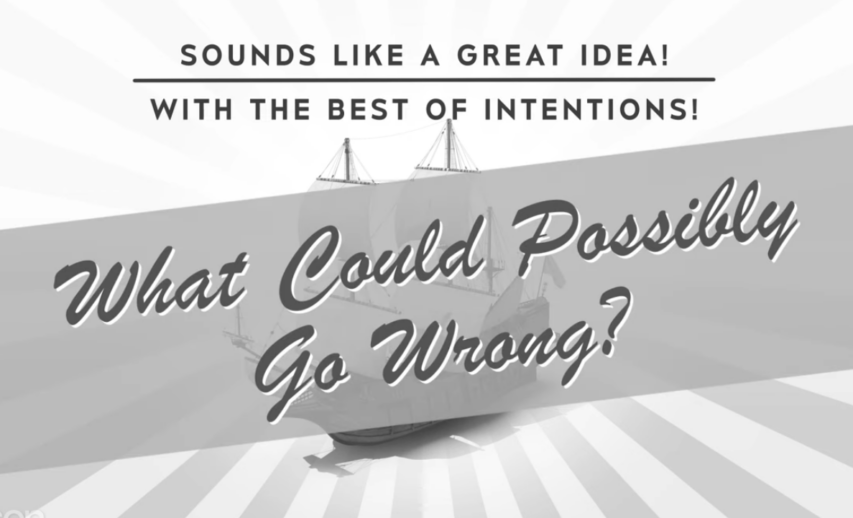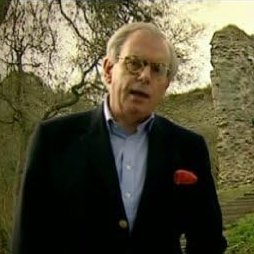In his weekend round-up, Niccolo Soldo pokes a bit of fun at Justin Trudeau’s federal government for apparently being surprised that First Nations are looking to deal directly with China for their natural resources, rather than through the feds:
Canada continues to be unintentionally hilarious, all thanks to Prime Minister Justin Trudeau and his government.
The Great White North was forever a boring place politically, but the arrival of Trudeau Jr. on the scene shook things up. One of the first things that he and his government committed themselves to was to work to improve the country’s relations with its Native tribes, both politically and especially economically. The Trudeau government invented a genocide narrative based around residential schools.1 Canada too wanted a dark aspect to its own history, so that it could share in the self-flagellation that has coloured the recent history of its neighbour to its immediate south.
Maybe the intention here was to show these Native communities that Canada really, really did care and that by doing this, everything bad that had happened would be forgiven and forgotten? I dunno … what I do know is that Native bands are now seeking to directly do business with China, whereby they would sell natural resources under their control to Beijing:
Canada’s indigenous communities are seeking deals with China that could give Beijing access to the country’s natural resources, despite warnings from Canadian security services over doing business with Xi Jinping’s government.
This week the Canada China Business Council indigenous trade mission is in Beijing to discuss potential energy and other business deals in a trip that could put Canada’s national “reconciliation” with its First Nation communities at odds with its national security priorities.
Karen Ogen, the trade mission’s co-chair and chief executive of the First Nations Liquefied Natural Gas Alliance, said her goal on the trip, which starts on Wednesday, was to sell LNG for the benefit of the Wet’suwet’en communities in Canada’s western province of British Columbia.
“We’ve been oppressed and repressed by our own government,” she said. “I know the history with China is not good but we have an understanding of what we need and what they need.”
Canada purposely degraded its own national sovereignty in parts of its own country in the name of “reconciliation”. Granting more sovereign rights to others surprisingly means that these groups will pursue their own interests. Who could have seen this coming?
Clever Chinese:
China has spotted an opportunity in the sometimes fraught relations between Canada’s national and provincial governments and indigenous groups.
In 2021, shortly after Canada imposed sanctions on Beijing over the treatment of its Uyghur population, Chinese officials began to object to the “systemic violations of Indigenous people’s rights by the US, Canada and Australia” at the UN’s Human Rights Council.
“The PRC tries to undermine trust between Indigenous communities and Canada’s government by advancing a narrative that the PRC understands and empathises with the struggles of Indigenous communities stemming from colonialism and racism,” said a spokesperson for Canada’s security intelligence service.
A 2023 CSIS report accused China’s government of employing “grey zone, deceptive and clandestine means” to influence Canadian policymaking, including Indigenous communities.
“China knows how sensitive Indigenous reconciliation is to the Trudeau government,” said Phil Gurski, a former CSIS intelligence analyst.
A lot of these First Nations (Native bands) reside in the west of the country. Coincidentally, Canada’s third-largest city, Vancouver (located in Canada’s west), is roughly one-third Chinese in composition.
First Nations will continue to pursue these deals with the Chinese:
But CSIS remains concerned over Beijing’s possible access to resource-rich areas or geopolitically important waterways and regions such as the Arctic through First Nations groups.
“It not only undermines the government but is a way to potentially embarrass them on Canada’s past,” said Gurski.
But Matt Vickers, from Sechelt Nations land in Canada’s western province of British Columbia, who first visited China in the 1990s and is part of the CCBC delegation heading to Beijing this week, rejected the concerns of the security services.
“China now understands that for any major project to receive approval in Canada, you need First Nation consent, and not only consent but the First Nations require a majority equity play in those projects,” he said.
The CCBC is a bipartisan organisation consisting of Canada’s biggest companies, including Power Corp, which is the main sponsor of the Indigenous event.
This week’s trip marks the third time a group of Indigenous officials has travelled with the council to China in an effort to identify export markets, sources of capital and potential tourism projects.
“These missions have been developed in the spirit of reconciliation and collaboration, to help delegates better understand how China’s economy and economic development influences its desire for imports and investment opportunities,” said Sarah Kutulakos, executive director of the CCBC.
It gets even funnier:
Deteriorating relations between Ottawa and Beijing meant this year’s CCBC meeting would likely be “sombre”, said former Canadian ambassador to China Guy Saint-Jacques.
First Nations leaders should have “very limited expectations” from the trip. “I don’t expect big business coming out of it,” he said.
But Ogen, of the First Nations LNG Alliance, said she would put the controversy surrounding the trip to Beijing aside. “I … look at the global energy sector, China’s need for our gas, and how I can make the best deal for my people,” she said.
Trudeau scored an own-goal.
1. From wiki (because I am lazy): “The Canadian Indian residential school system was a network of boarding schools for Indigenous peoples. The network was funded by the Canadian government’s Department of Indian Affairs and administered by various Christian churches. The school system was created to isolate Indigenous children from the influence of their own culture and religion in order to assimilate them into the dominant Euro-Canadian culture.”







